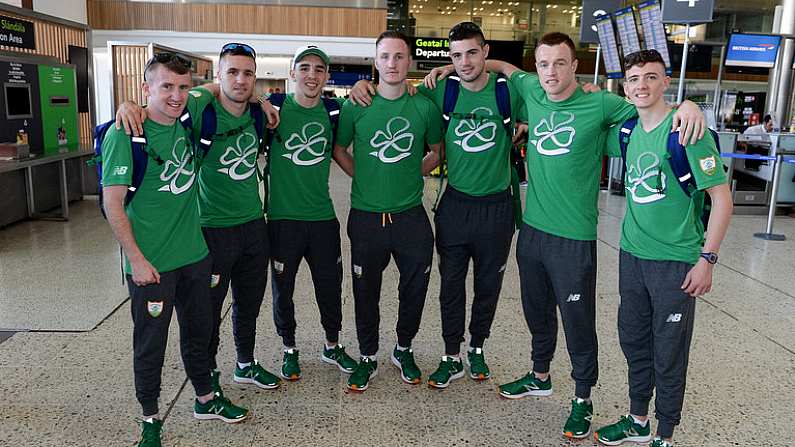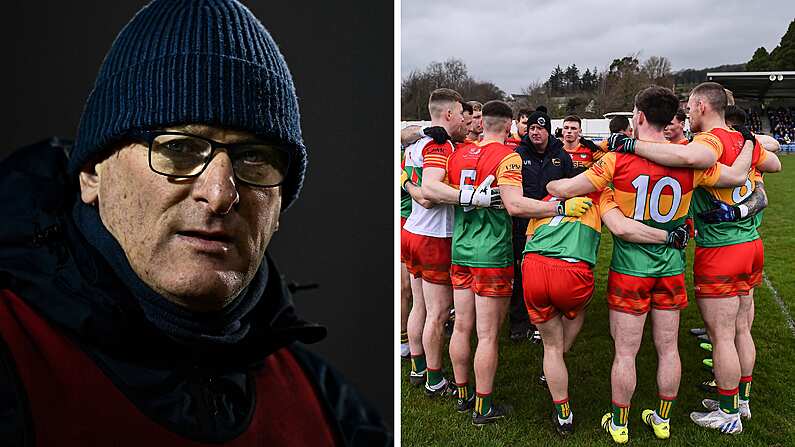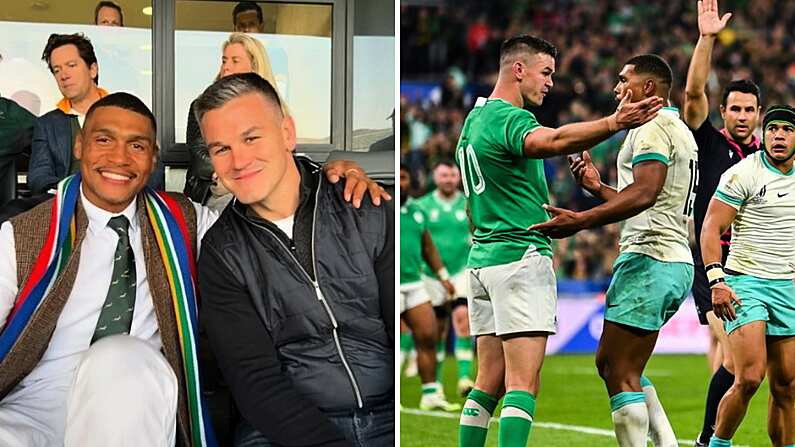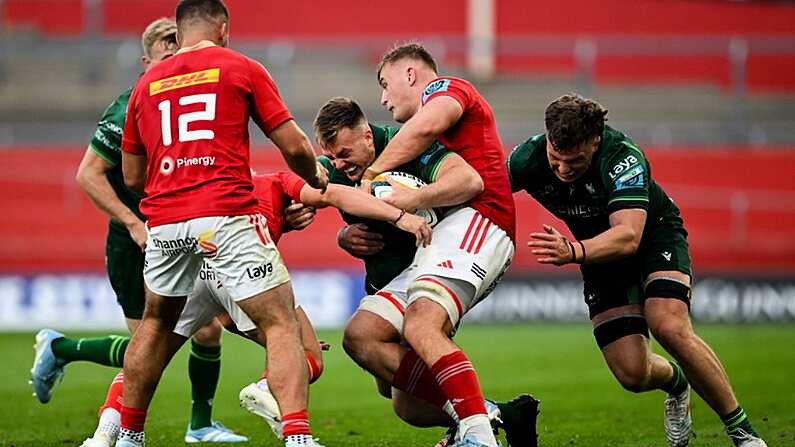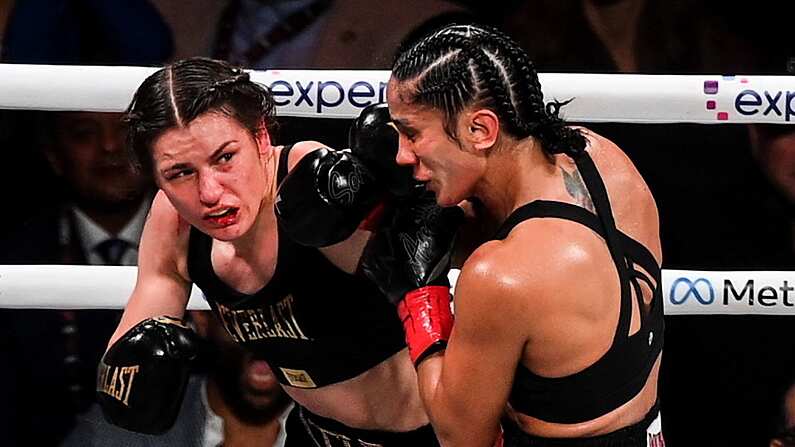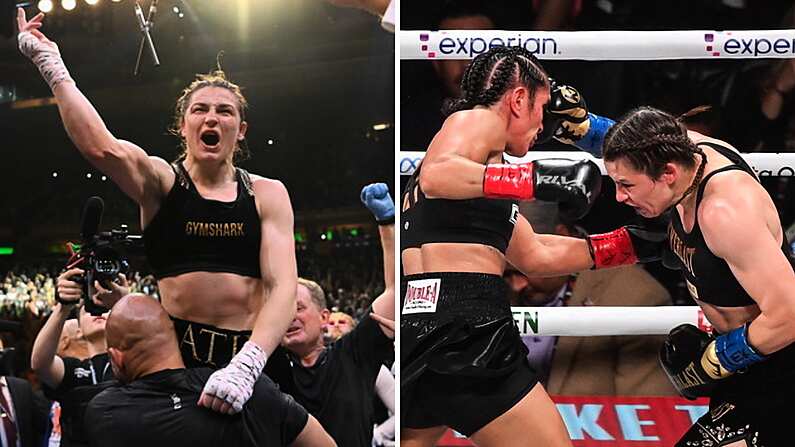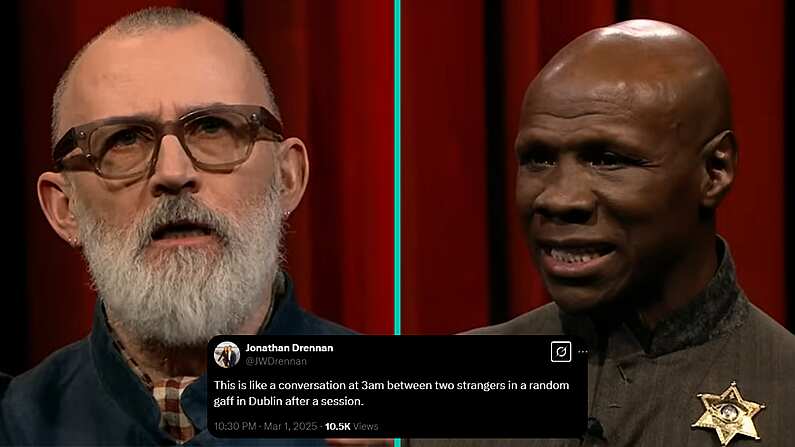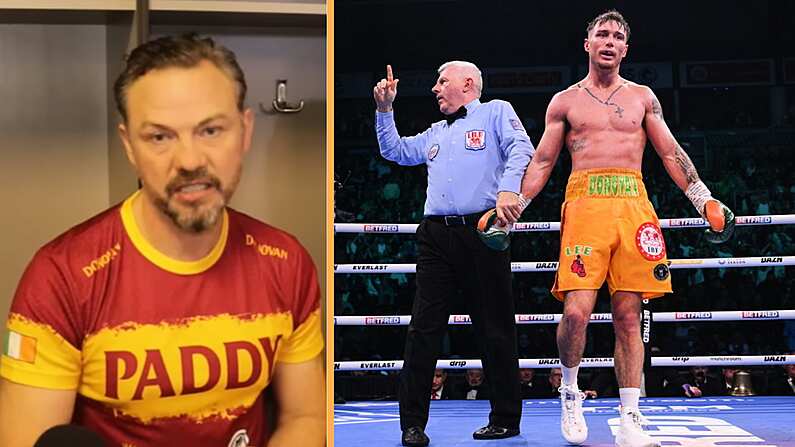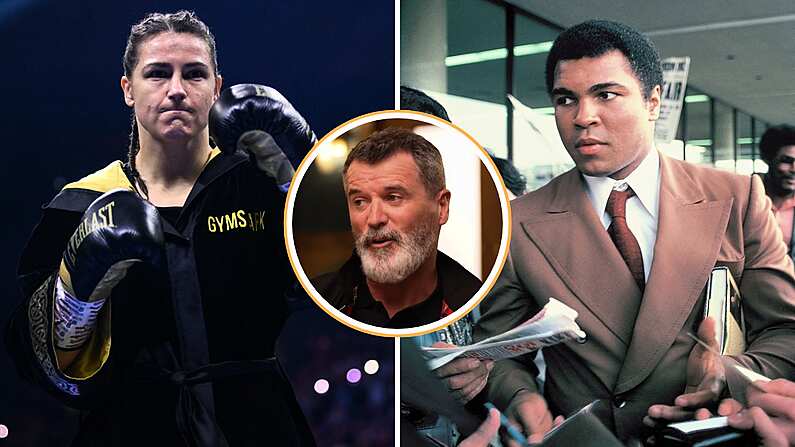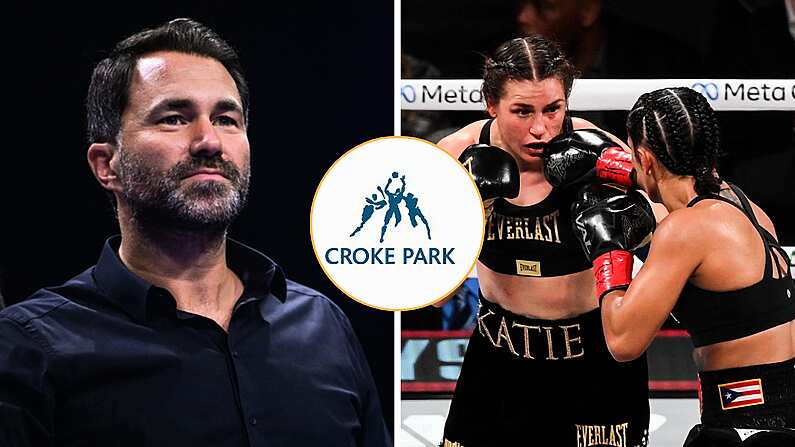In late 2017, the International Olympic Council (IOC) revealed plans to investigate "major concerns" regarding "governance, financial and technical issues" within the International Boxing Association (AIBA).
Ceasing a partial amount of funding that the IOC provided for the AIBA, Thomas Bach, president of the IOC, elabourated upon the issues that had arisen:
There is governance issues, there is the fact that the financial statements have not been made fully transparent, there are still questions open with regard to judging, referees and anti-doping.
Charging the AIBA with cleaning up their organisation, the astonishing manner of Michael Conlan's defeat in the 2016 Rio games was but one example of wider corruption gripping the sport.
Over two months have now passed since Bach issued his initial warning. According to reports in The Telegraph, the IOC president is not "satisfied" with the subsequent action of the AIBA:
Bach added the IOC was "extremely worried" about how the sport was run and that the IOC was prepared to make bold decisions.
The implication of Bach's determination could see the suspension of boxing as an Olympic sport.
An ever-present at the each Olympic games since its introduction in 1904, were the IOC to follow through with this extreme measure, it would signal an astonishing determination on their part to enact serious change.
Yet, the former Olympian Bach is seemingly unfazed by the prospect:
The IOC reserves the right to review the inclusion of boxing in the programs of the Youth Olympics 2018 and Tokyo 2020.
Although the long-term well-being of the sport is to be of paramount importance to all else, the removal of boxing as an Olympic sport would be a devastating blow for Ireland's hopes in two years time.
Having delivered over half of Ireland's total number of Olympic medals, reform rather than revolution may suit Ireland's immediate needs, if not those of the AIBA at this moment in time.

